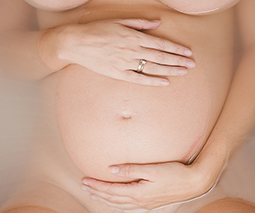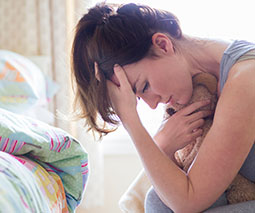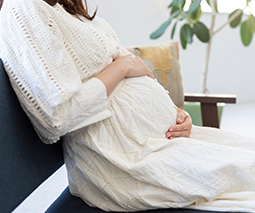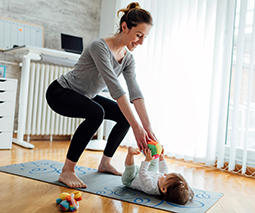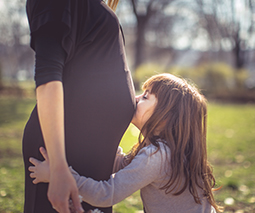Is it safe to take medication for mental health during pregnancy?
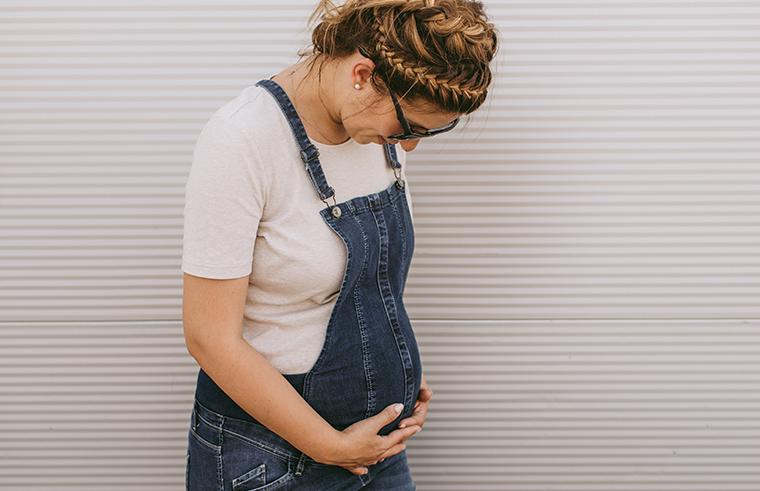
For women with mental health conditions, the medication they take each day is vital. Not taking that medication is simply not an option. But what about if you want to fall pregnant? What should you do then?
Should you come off your medication?
Dr Nicole Highet is the Founder and Executive Director of the Centre of Perinatal Excellence (COPE) has advice for women about how they can balance their mental health and pregnancy – without going off medication or harming their unborn child.
Firstly, Nicole says talking to your doctor is a brilliant idea and keeping everyone safe during pregnancy is not down to avoiding medication.
“It’s very important not to come off your medication particularly quickly,” Nicole explains. “A lot of people think, ‘I’ve got to make the safest environment for my baby so I’m going to come off my medication’ and this can have very negative implications for the mother.”
“Not taking medication can also have a negative impact on the baby,” Nicole continued. “So for example, we know if you were experiencing very severe anxiety, this actually can produce cortisol in the body and that can cross the placenta and affect the growth and development of the baby.”
Listen to Nicole Highet on Feed Play Love
Is medication harmful to growing babies?
With that in mind, could the medication women need to take prove harmful to their growing baby too?
Nicole reassures mums that – despite preconceptions – many drugs that target depression and anxiety are not harmful during pregnancy. Partnering with your prescribing medical health professional is vital, but it’s also good to note what the research tells us now.
“The most commonly used and recommended [anti-depressants] are what we call SSRIs or selective serotonin re-uptake inhibitors,” Nicole says. “These are known to be able to be safely used in pregnancy and also when breastfeeding in the postnatal period.”
“Another class of medication or antidepressants is what we call TCAs and they’re also known to be able to be safely used in pregnancy.”

What about if you have bipolar disorder or schizophrenia?
Women with bipolar 1 or bipolar 2 should chat with their psychiatrist or specialist health professional about the use of different medications. These women may need to take anti-psychotics, anti-convulsants or lithium to manage their condition, and in fact, many of the drugs that are used to treat bipolar 1 and 2 are also used to treat schizophrenia.
Nicole says for women with more acute mental health conditions, forward planning is a must.
“Before you’re even in that pre-pregnancy phase, when you’re contemplating pregnancy, it’s very, very important to have that discussion early and get your condition stabilised on the safest medication before you embark on the next challenge of actually having a baby,” she explained. “There’s a number of different types of medications that might be used with bipolar disorder for example.
“There are so many complexities. There are complexities in the different types of illnesses, the different types of medications and the safety profile of the different medications,” she continued.
Plan ahead and build a support team
Nicole says this sort of forward planning and the right team can help support women as they balance mental health and pregnancy.
“If you have a particularly complex mental health problem, or a severe mental health problem, I would be looking for a specialist or a GP who has additional specialities around pregnancy and mental health.”
“Don’t hold back in asking about their qualifications and experience in that area,” Nicole urges.

